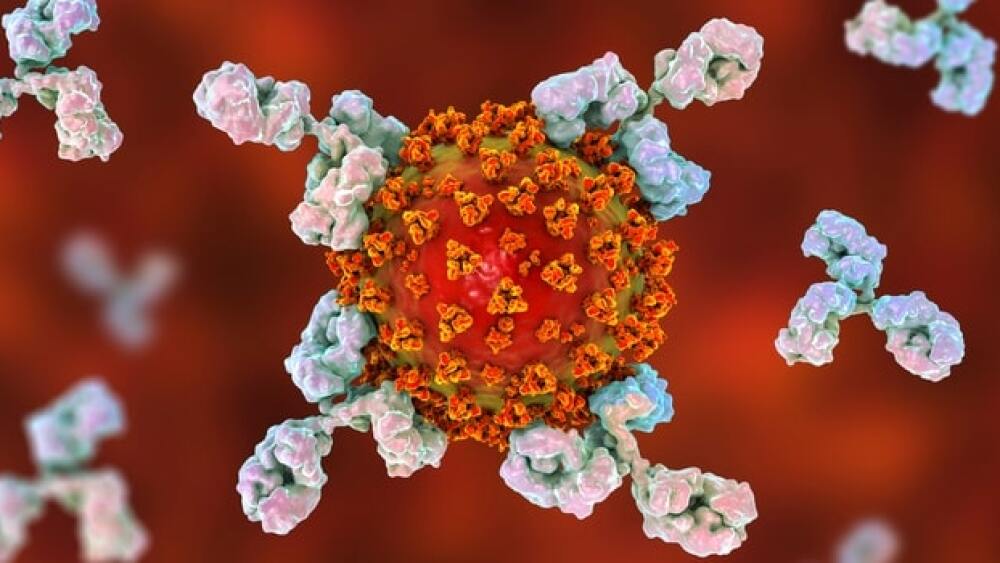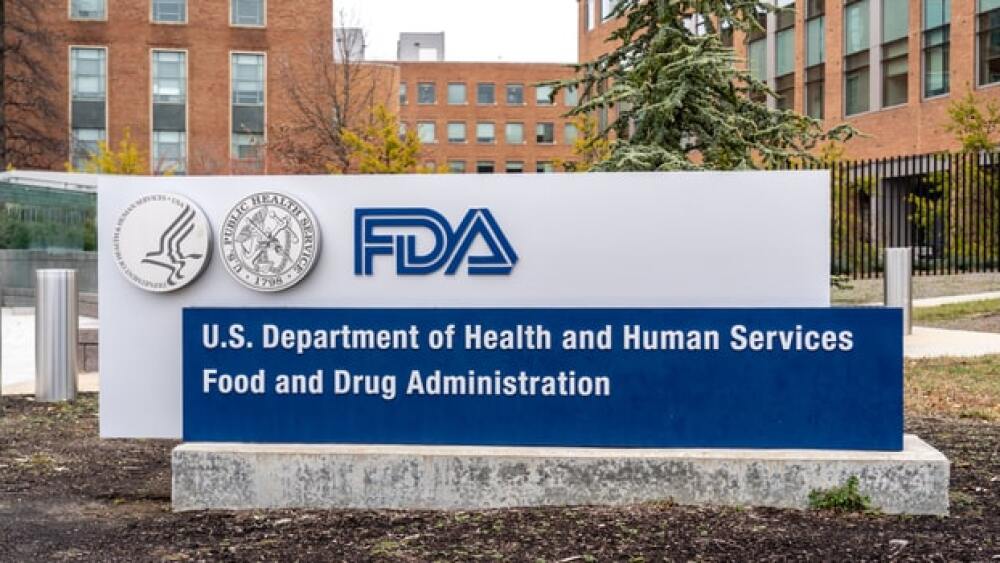Protecting the most vulnerable, Eli Lilly’s bamlanivimab significantly reduced COVID-19 risk for nursing home residents in a Phase III trial.
Protecting the most vulnerable, Eli Lilly’s bamlanivimab significantly reduced COVID-19 risk for nursing home residents in a Phase III trial.
Bamlanivimab was approved for emergency use authorization in November by the FDA to treat mild-to-moderate COVID-19 patients. These latest BLAZE-2 trial results are from a nursing home that included 299 residents and 666 staff. Half received a 4,200 mg dose of the drug and half received a placebo.
After 8 weeks of follow-up, there was a significantly lower frequency of symptomatic COVID-19 in the treatment arm versus the placebo. Residents had up to an 80% lower risk of contracting the virus.
The drug also appears to reduce severity of the virus. In the 41 residents who had already tested positive, none died after receiving the drug compared to 4 deaths in the placebo group.
“We are exceptionally pleased with these positive results, which showed bamlanivimab was able to help prevent COVID-19, substantially reducing symptomatic disease among nursing home residents, some of the most vulnerable members of our society,” said Daniel Skovronsky, M.D., Ph.D., Lilly’s chief scientific officer and president of Lilly Research Laboratories.
As of January 14th, the AARP reported that COVID-19 has claimed the lives of over 136,000 nursing home residents and staff. This represents close to 40% of all coronavirus fatalities in the US. These devastating statistics have been climbing, rather than falling, with December showing the highest numbers since reporting began in May.
“These data provide important additional clinical evidence regarding the use of bamlanivimab to fight COVID-19 and strengthen our conviction that monoclonal antibodies such as bamlanivimab can play a critical role in turning the tide of this pandemic. We’re glad bamlanivimab is already available as a treatment for patients at high risk for progressing to severe COVID-19 illness or hospitalization, including those in nursing homes, and look forward to working with regulators to explore expanding the emergency use authorization to prevent the spread of COVID-19 in these facilities,” Skovronsky said.
Bamlanivimab is derived from the blood of a recovered COVID-19 patient. As a neutralizing monoclonal antibody, it’s designed to block viral attachment and entry into human cells to prevent and treat patients. It was the first monoclonal antibody therapy for COVID-19 to enter human testing in the United States and was granted the EUA based on data from the Phase II Blaze-1 study.






